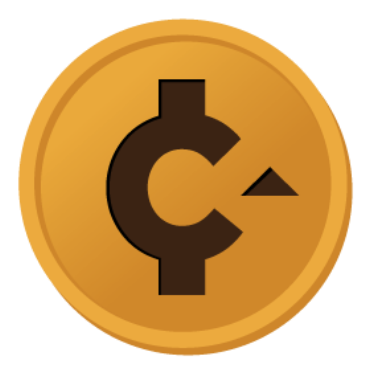CentUp Aims To Make Your Clicks Matter For Content Providers, Charity
By Chuck Sudo in Arts & Entertainment on Feb 26, 2013 9:20PM

Monetizing web content has long been a struggle anyone who shares their content on the web. Media conglomerates across the country have attempted, with varying degrees of success, to erect paywalls, while artists, writers, musicians and others try their hands at getting paid for their work with something as simple as a Wordpress site and a Paypal link.
One model that looks to have legs is micropayment. Here’s how they work: At the bottom of a web page is a button, similar to a Facebook “like” or re-tweet that sends a payment to the artist, the value of which is determined by the reader. It could be as low as a few pennies or the payment could cover server fees for a website. The bottom line is the content provider is getting paid for their work.
Companies like Flattr and Kachingle have been attempting this model for a couple years. A new Chicago-based startup called CentUp adds a new wrinkle to the micropayment model by splitting its micropayments between content providers and charitable organizations.
According to CentUp co-founder Len Kendall, he and his co-founders had the idea for CentUp for a while, but the decision to turn it into reality occurred during last year’s Kony 2012 campaign. “That was the last straw for us,” Kendall told Chicagoist. “We all have backgrounds in marketing and have worked on content aggregation time and time again. But Kony showed how hard it really was to take action. We asked, ‘What’s happening here?’ ”
The split for using CentUp is 45 percent to the content provider, 45 percent to a charity, with CentUp keeping the remaining 10 percent. “We do want to push down our cut over time,” Kendall said. “Right now, it’s in line with other companies.”
Here’s the biggest roadblock facing CentUp’s model: The charities are hand-picked by the company. They have six so far, including Autism Speaks, Pencils of Promise and Chicago Public Radio which, as producer of the popular radio show This American Life, is in the unique position of being both a charity and content provider, so they pocket 90 percent of the revenue.
Kendall allowed that CentUp’s choosing the charities may have its downsides but that ultimately, “people aren't going to want to give money unless that opportunity exists.”
“Creators may say they want to raise money for a charity of their choice. The people who give the money feel they should have a say into where the money goes. It’s a tough situation.”
CentUp accounts can be loaded and re-loaded like a bus pass, with a$20 minimum and they’re working with content providers to offer incentives to frequent donors.
The second-biggest obstacle CentUp faces, as with most startups, is capital. They’ve received a $20,000 investment from startup accelerator Ventricle and reached its $15,000 goal in an Indiegogo campaign before Indiegogo pulled the campaign for 10 days over a patent infringement complaint. Kendall and his partners in CentUp explained the patent issue in an open letter you can read here.
Pulling the Indiegogo campaign put a crimp in CentUp’s fundraising, but Kendall said the promotion was as much to spread the word about CentUp as it was to raise startup funds.
Visit CentUp’s Indiegogo campaign here.
CentUp from Len Kendall on Vimeo.